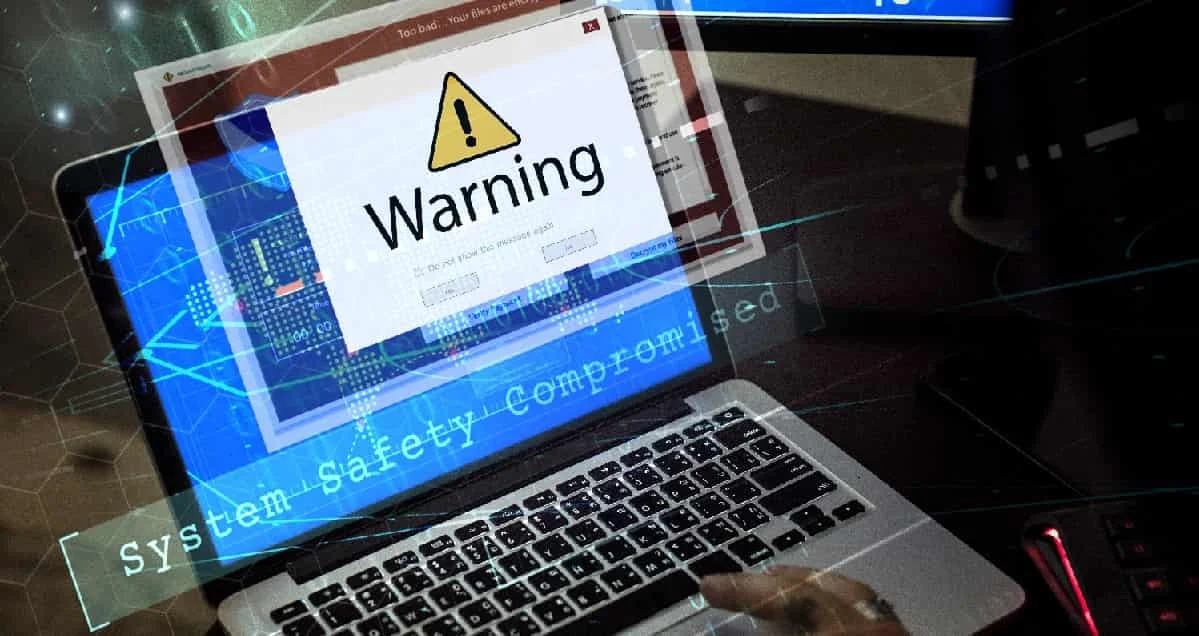Financial fraud is nothing new. The first ones can be related to ancient Greeks, most precisely Hegestratos, who took a comprehensive insurance policy for his cargo boat. He planned to sink the ship, keep the loan, and sell the loads. However, it failed, and he drowned in the process.
We'll go deep into online trading scam organizations and their internal setup.
Who Are the Online Trading Scammers?
When thinking about scams, people are prone to believe their money was taken by someone sitting in their mother's basement and dialing random numbers. That may have been the case back in the day, but today, online trading scammers are large organizations. These companies have hundreds of employees specifically trained to deceive their victims and take their hard-earned money.
They’re sitting in large business towers, pretending to run legal operations. In fact, they’re recruiting new agents to enlarge their scam and scale it on a bigger level.
Most of these illicit businesses are officially registered offshore, in places like Saint Vincent and the Grenadines or the Marshall Islands. However, this is just a fictitious headquarters. In reality, their call centers are much closer, widespread mainly in Eastern Europe.
Countries like Bulgaria, Serbia, and Albania are known hubs for financial swindlers, providing them shelter. Each of those is registered as a marketing company or a call center when, in reality, their business is stealing money. If you notice an unfamiliar accent, it’s because the person calling you is not remotely close to your country, despite their well-thought story.
We've seen hundreds of raids by the German police and other authorities, trying to put an end to such scams. But when one call center shuts down, three others take their place.
How Are Online Trading Scammers Trained?
If you feel like a fool for trusting an online scammer, you should know that you're not alone. These people are highly trained and practice their stories every day. And there's nothing to blame yourself for.
Their pitch relies on learning the sales script, using phrases people like to hear. If you wonder how they know your deepest desires, it's because people are not as unique as they like to think. We all want the same – financial freedom. Our goals differ, but the final count is the same – we need money. And that's what scammers play on.
Each company has sales training, teaching people with no experience what to say and how to say it. Ultimately, it doesn't matter what they said, but which emotion they evoked. How to move you and how to use your feelings against you. And that's something that each and every person who calls you knows.
If you've watched Glengarry Glen Ross, you're pretty familiar with the ABC rule. Always Be Closing.
Scammer Techniques
The first contact you have is with the welcome desk. Their job is to take the minimum deposit, usually $250. Typically, they're quite aggressive, not allowing you to say no. They use words like "small amount, only $250" and describe profits in adjectives. According to them, every investor has a chance of earning millions. And it's true. You do. But not with a fraudulent company.
Once they convince you to pay the initial sum, you will be in touch with a so-called account manager. These people pretend to be financial advisers, all with no valid license. While telling you all about assistance, help, and increasing your chances of success, their final idea is extorting as much money as possible. Some of the most common techniques include:
- Showing you fake results of their alleged clients to evoke trust
- Mirroring – sympathizing with you and sharing your life story
- Asking a lot of personal questions that will be used against you
- Using the right phrases at the right time
- Blaming you for losses and creating psychological pressure.
Sometimes, they can help you make a small profit and allow you to withdraw to earn your trust. They will stop responding when you transfer a more significant amount of money. Besides the human side, they have several techniques designated to create fake urgency.
- Margin call – threatening you to lose everything unless you deposit more
- An immense trading opportunity that you cannot miss
- Asking you to pay high taxes and withdrawal-related fees.
No matter what you do, whether you pay or not, you will never see a penny back.
How To Avoid Falling a Victim?
Now that you understand that you can be defrauded at any time and that these people belong to wide-reaching companies, you should know how to protect yourself.
First and foremost, don't register for their ads. If an offer sounds too good to be true, e.g., promising you thousands of dollars in a few hours, skip it. Better safe than sorry.
If you're in contact with a brokerage, check their regulatory status. Regardless of the telltale, ask questions. Ask employees about their regulatory number, country of origin, and more. And always verify what you hear.
Avoid depositing during the first call. Take your time for due diligence. Even if they try to urge you to deposit since you're missing out on profits, this time can save you a greater loss.
Finally, if you are already defrauded, report it immediately! Don't settle. Don't let anyone take what's rightfully yours. Fight back and IRAPCIS will fight for you. We're offering our vast experience and in-depth knowledge. Get in touch now!






